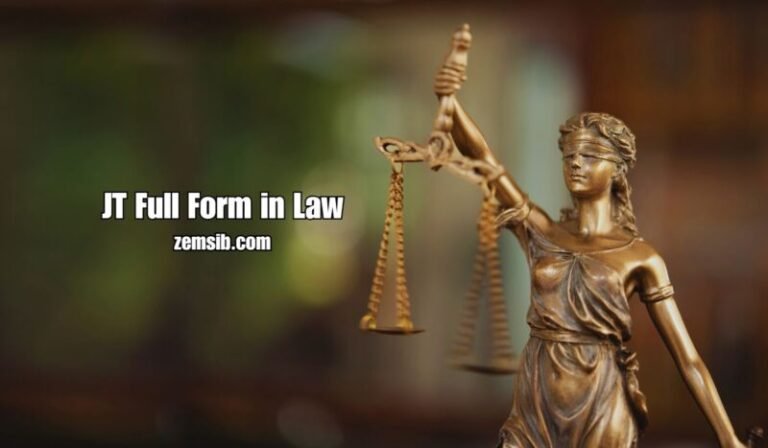The NPW full form in law is “Not Proceeded With.” This term is used to describe situations where legal cases are not taken to trial. Law enforcement agencies may decide to drop cases for various reasons, and a “Not Proceeded With” order effectively ends these cases. Understanding NPW and its implications is crucial for both legal professionals and litigants. Essentially, NPW means that either the prosecution or the plaintiff has chosen to abandon a civil or criminal case. This can occur during preliminary investigations or even after charges have been filed. Reasons for opting for NPW may include insufficient evidence or other mitigating factors. For instance, if a defendant pleads guilty to a lesser charge, the prosecution might drop the original, more serious charges. This helps conserve court resources and spares the defendant from a potentially harsher trial. Additionally, new evidence that could weaken the prosecution’s case might also lead to an NPW decision.
Indications of NPW
While specific details are often not disclosed, an NPW status indicates that the case will not continue. Information about why a case is dropped may vary and is usually less accessible. Public court records might reveal that a case has been classified as NPW but not the reasons behind it. Police or investigation documents might provide some insights, though they are often limited. Prosecutors have significant discretion in such decisions and may choose not to explain their reasoning, especially if it involves ongoing investigations or sensitive witness information. Defendants or their legal representatives can request information regarding the NPW decision from the prosecution, but the latter may not be required to provide details.
NPW Impact
An NPW status can indicate a variety of outcomes. While it does not imply guilt, it can still affect future legal or personal situations, such as housing or employment applications. New evidence or key witnesses might lead authorities to reconsider the case. Even if criminal charges are dropped, victims may still pursue civil suits for damages. It is important to distinguish between NPW and outright dismissal of a case, as they have different legal implications.
In conclusion, understanding the NPW full form in law is essential for navigating the complexities of legal cases and their outcomes.











